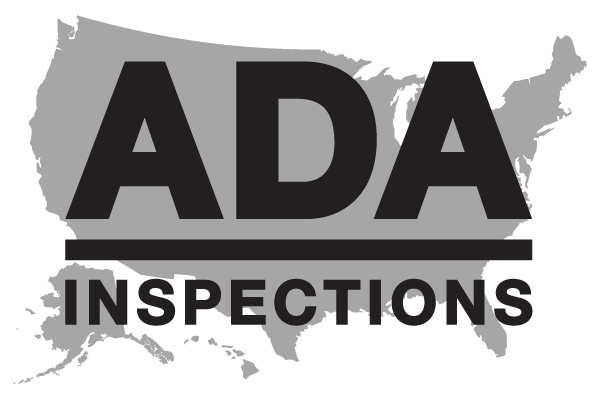Aging-in-Place Home Modifications for People Living with Huntington's Disease
Huntington's Disease is a common chronic and degenerative health condition that can lead to disability. According to the Mayo Clinic, Huntington's disease is an inherited disease that causes the progressive breakdown (degeneration) of nerve cells in the brain. Huntington's disease has a broad impact on a person's functional abilities and usually results in movement, thinking (cognitive) and psychiatric disorders.
Home modifications to accommodate Huntington's Disease make everyday tasks in the home simpler, safer and better. A Certified Aging-in-Place Specialist (CAPS) consultant can help with the home modifications.
Symptoms of Huntington's Disease include:
Involuntary jerking or writhing movements (chorea)
Muscle problems, such as rigidity or muscle contracture (dystonia)
Slow or abnormal eye movements
Impaired gait, posture and balance
Difficulty with the physical production of speech or swallowing
Difficulty organizing, prioritizing or focusing on tasks
Lack of flexibility or the tendency to get stuck on a thought, behavior or action (perseveration)
Lack of impulse control that can result in outbursts, acting without thinking and sexual promiscuity
Lack of awareness of one's own behaviors and abilities
Slowness in processing thoughts or ''finding'' words
Difficulty in learning new information
Feelings of irritability, sadness or apathy
Social withdrawal
Insomnia
Fatigue and loss of energy
Frequent thoughts of death, dying or suicide
Home modifications specifically for people living with Huntington's Disease include:
Keep the traffic routes in the home clear of floor obstacles like power cords and loose rugs or carpet.
Relocate protruding objects from the common traffic routes.
Make sure routes are well illuminated, especially stairs.
Ensure all stairs have handrails on both sides and step riser heights compliant with accessibility guidelines.
Door threshold heights should not exceed 1/2 inch.
Kitchen activities should be supervised.
Install grab bars and/or handrails along the common routes in the home and in the bathrooms.
Relocate hazardous materials away from the common paths in the home.
If the disabled individual tends to fall out of the bed, consider install bed rails or use a hospital bed.


